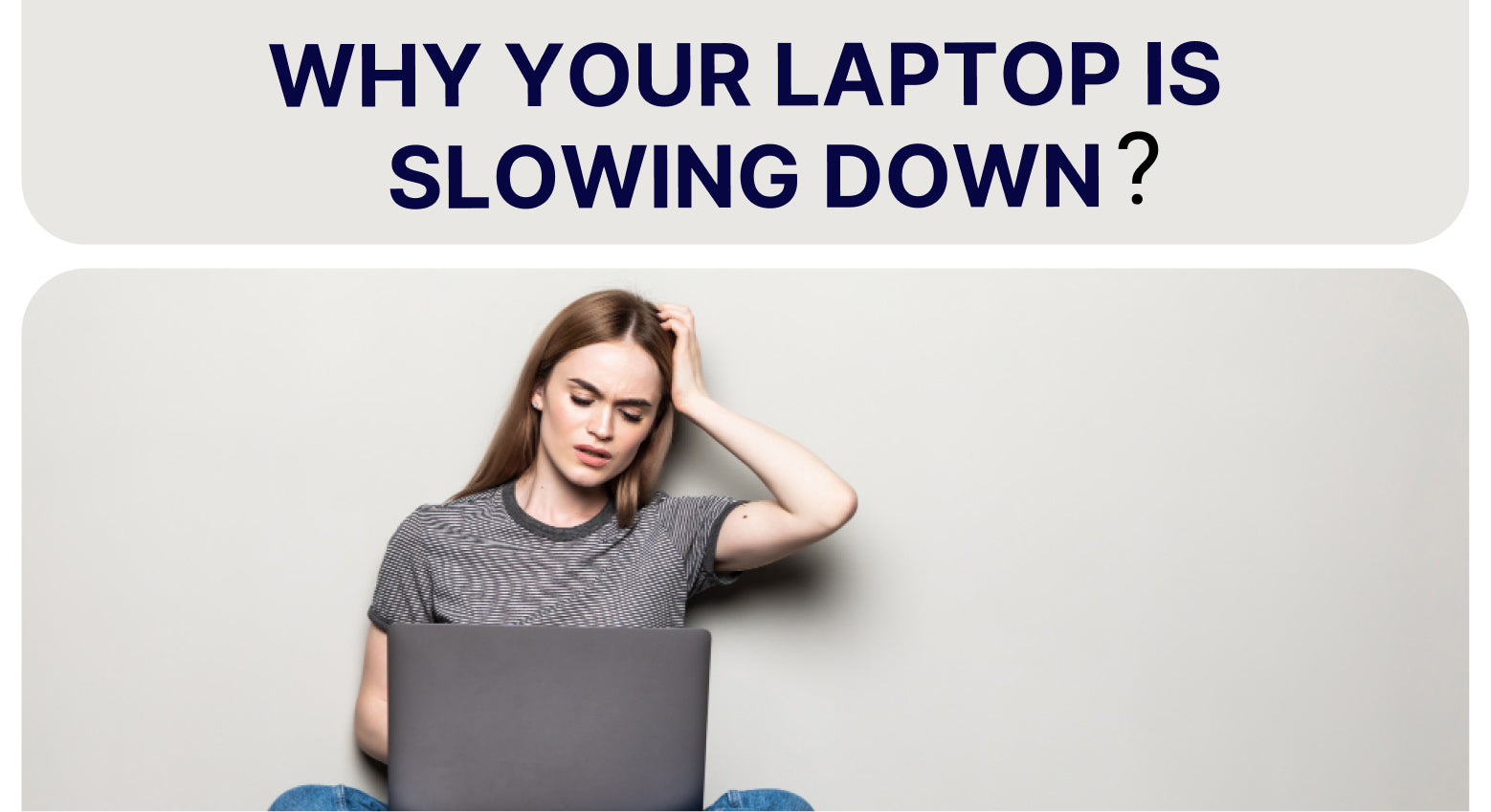Laptops are built for speed and effectiveness, but over time, they can start to drag. If you’ve ever found yourself waiting for your computer to load simple apps or respond to basic commands, you're not alone. Most users experience slow performance at some point, and there are a few common reasons behind it.
So, What’s Slowing Your Laptop Down?
One of the most frequent causes is too many startup programs. These are the apps that launch automatically when you turn your laptop on. You might not notice them, but they take up valuable memory in the background.
Another issue? Old hard drives or low RAM. Traditional HDDs are much slower than newer SSDs, and if your device doesn’t have enough memory, even browsing the internet can become a headache.

Software bloat, or just years of updates and unused apps, can also pile up and make your system work harder than it needs to. And let’s not forget overheating, especially in cities like Los Angeles where high temps can affect device performance.
What Can You Do?
Start by uninstalling programs you no longer use. Limit startup apps, update your operating system, and consider upgrading your hard drive to an SSD if you're still using a traditional one. Cleaning your laptop, physically and digitally, can make a big difference.
If none of these help, it's time to get a professional opinion. A quick diagnostic might be all it takes to get things running smoothly again.
Local Tip for North Hollywood Users
Whether you're working remotely, studying, or streaming your favorite shows, a slow laptop can disrupt your day. That’s why getting it checked locally, not weeks away. makes a difference. Quick service means less downtime.
You don’t have to settle for a sluggish laptop. Whether it’s something simple or a deeper technical issue, knowing what to look out for is the first step toward fixing it.


